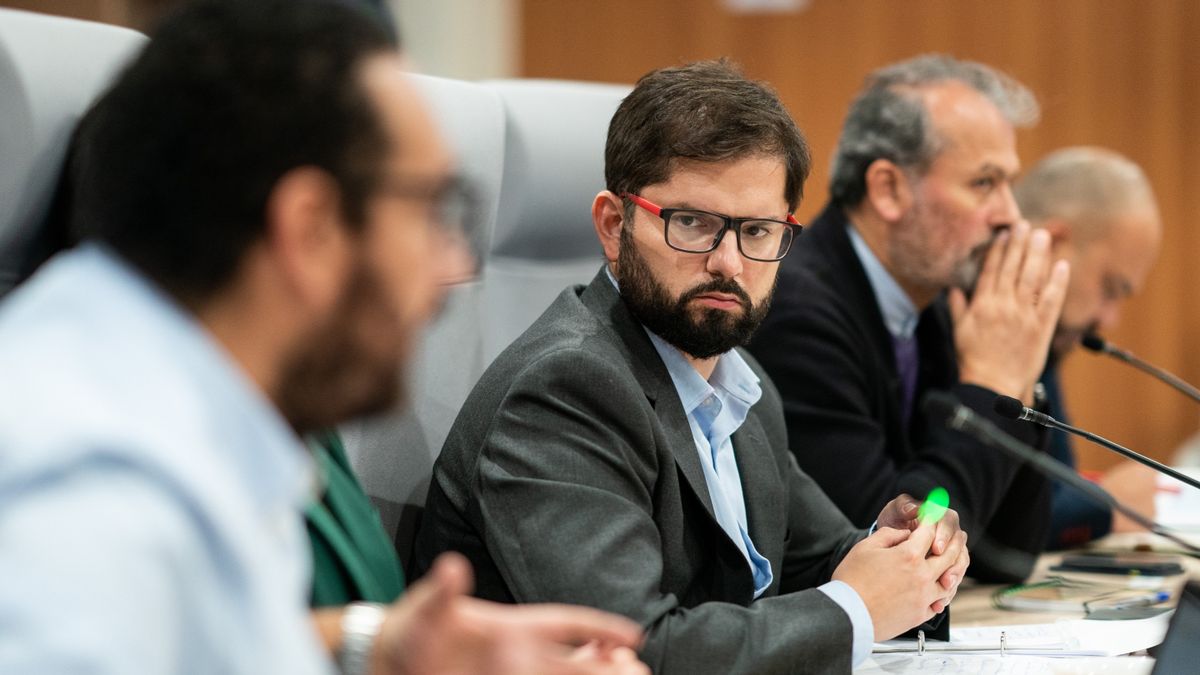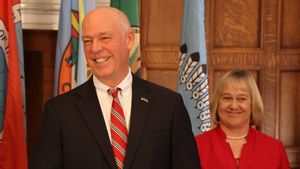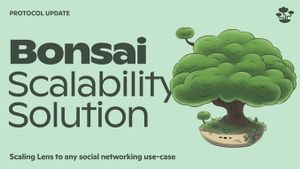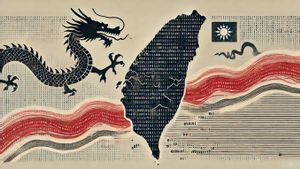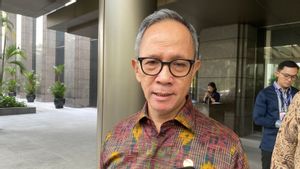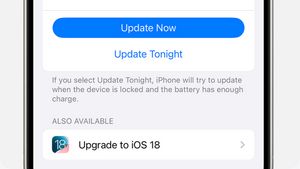JAKARTA - Japan's trading company Toyota Tsusho Corp expressed concern that countries like Chile might take more steps to limit raw mineral exports such as lithium. This was raised by the company's chief financial officer on Thursday, April 27.
Chile's President Gabriel Boric said last week that he would nationalize his country's lithium industry, which is the world's second-largest metal producer to be critical in electric vehicle batteries, to boost its economy and protect its environment.
"As happened in Chile, there will probably be more cases of crude export restrictions due to nationalism growing in developing countries," said CFO Hideyuki Iwamoto in a press conference.
However, the trading company, which provides some material to Japan's top automaker Toyota Motor Corp, believes its business risks can be reduced by processing raw minerals such as lithium locally before exporting.
另请阅读:
Toyota Tsusho, along with Australian mining company Orocobre, started production of lithium carbonates at a mine on the Olaroz salt plain in Argentina in 2014, and decided to increase its production capacity by 2018.
"We are facing difficulties in Argentina due to high inflation, but there is no similar problem (export restrictions) at this time because this is the export industry," said Iwamoto.
The price of battery-class lithium hit a record high of 85,000 US dollars per tonne (Rp 1.2 billion) in December, but has fallen nearly 50% since then. The price is still relatively high, about double the price in October 2021.
"Compared to the previous year, the price of lithium has halved, but the share price of the lithium-producing company has not fallen, so we expect the price of lithium to rise slightly from its current rate in the medium to long term," said Iwamoto.
The English, Chinese, Japanese, Arabic, and French versions are automatically generated by the AI. So there may still be inaccuracies in translating, please always see Indonesian as our main language. (system supported by DigitalSiber.id)
